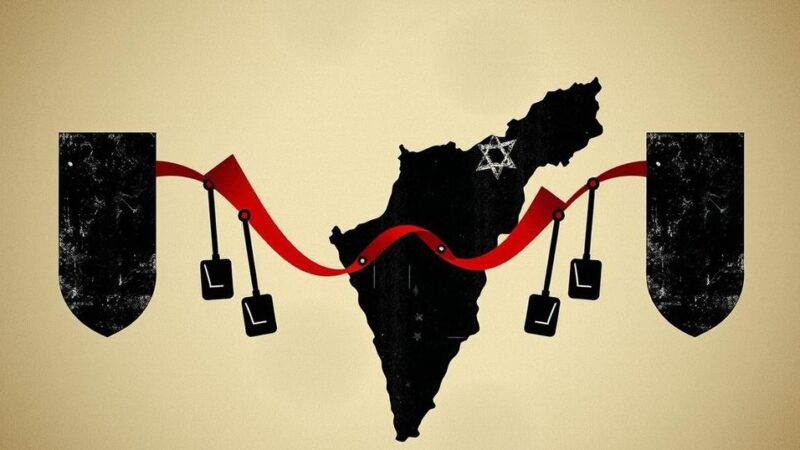Denmark is declared the least corrupt nation in the world by the 2024 Corruption Perceptions Index, while South Sudan ranks as the most corrupt. India has fallen to the 96th position. The report highlights significant declines in corruption scores globally and emphasizes the negative impact of corruption on climate change initiatives.
According to the 2024 Corruption Perceptions Index (CPI) compiled by Transparency International, Denmark is ranked as the least corrupt country in the world, followed closely by Finland, Singapore, and New Zealand. In this year’s report, India has fallen to the 96th position, a drop of three spots from last year’s ranking.
The CPI assesses 180 countries and territories based on perceived levels of public sector corruption as evaluated by experts and business professionals. Countries are scored on a scale of zero (highly corrupt) to 100 (very clean). The report underscores the pervasive issue of corruption globally while noting improvements in several nations.
India’s CPI score decreased from 39 in 2023 to 38 in 2024, reflecting a concerning trend over recent years where it previously scored 40 in 2022. Among neighboring countries, Pakistan is ranked 135th, Sri Lanka stands at 121st, and Bangladesh is ranked even lower at 149th, while China sits at 76th.
Notably, leading nations such as the United States and France experienced significant declines in their rankings. The United States fell to 28th from 24th, with a score dropping from 69 to 65. France and Germany also saw declines scoring 67 and 75 respectively, while Mexico’s score dropped due to judicial inaction on corruption cases.
South Sudan has emerged as the most corrupt country, scoring just eight points, followed by Somalia with nine, Venezuela at ten, and Syria at twelve. Transparency International cautions that global corruption levels remain alarmingly high, impeding progress in reducing this pervasive issue, although 32 countries have shown improvements since 2012.
The report highlights the detrimental impact of corruption on climate change efforts. The lack of transparency can lead to misappropriation of climate funds, while corporate influence hinders the enactment of necessary policies needed to mitigate climate change. The dire consequences of global heating are exacerbated by corrupt practices in many regions.
Moreover, the report emphasizes that many nations with high CPI scores possess the power to spearhead corruption-resistant climate initiatives yet often prioritize the interests of fossil fuel companies. The accumulation of illicit funds presents a corruption challenge that extends beyond national borders, indicating a significant global issue.
The 2024 CPI underscores that combating corruption is essential for fostering democracy, stability, and respect for human rights. The international community must prioritize corruption eradication as a vital strategy towards promoting a peaceful, free, and sustainable world.
The 2024 Corruption Perceptions Index reveals Denmark as the least corrupt nation, while South Sudan ranks as the most corrupt. India has dropped to the 96th position. The report illustrates the persistent problem of corruption globally and its detrimental effects on democracy and climate efforts, highlighting the urgent need for proactive measures to address these issues within the international community.
Original Source: www.ndtv.com






